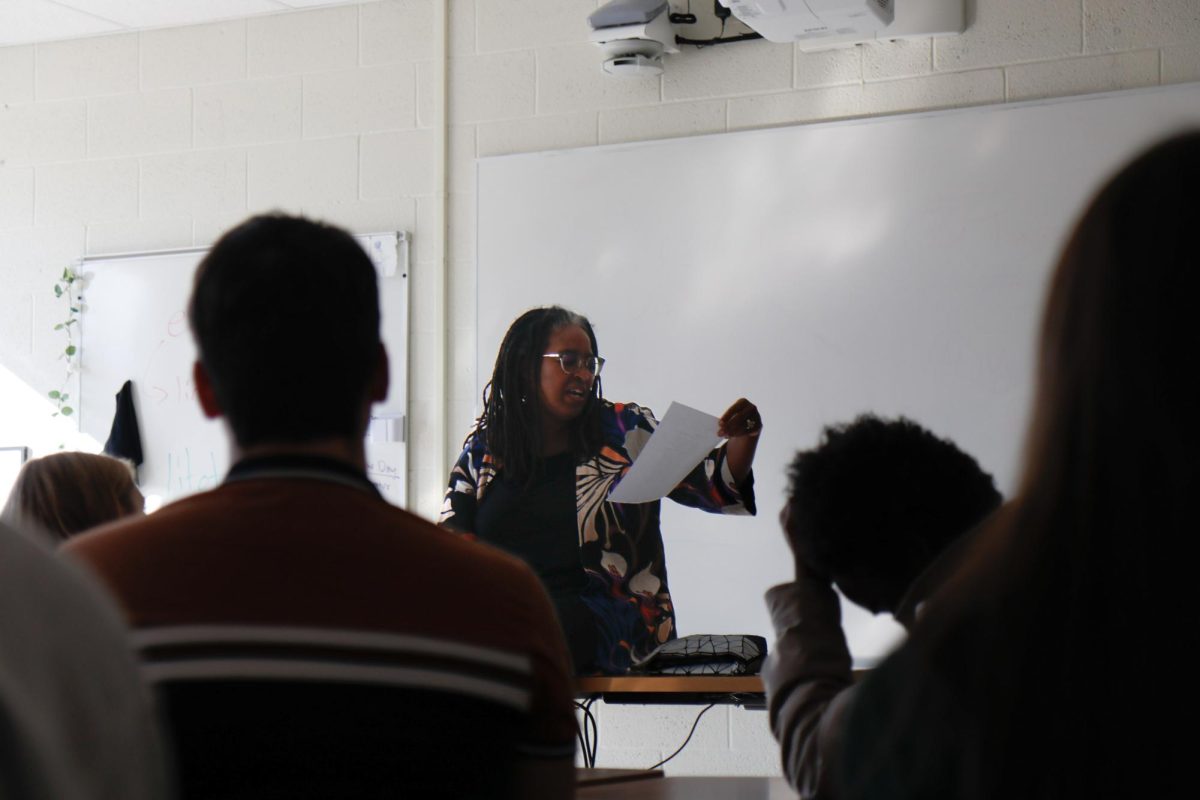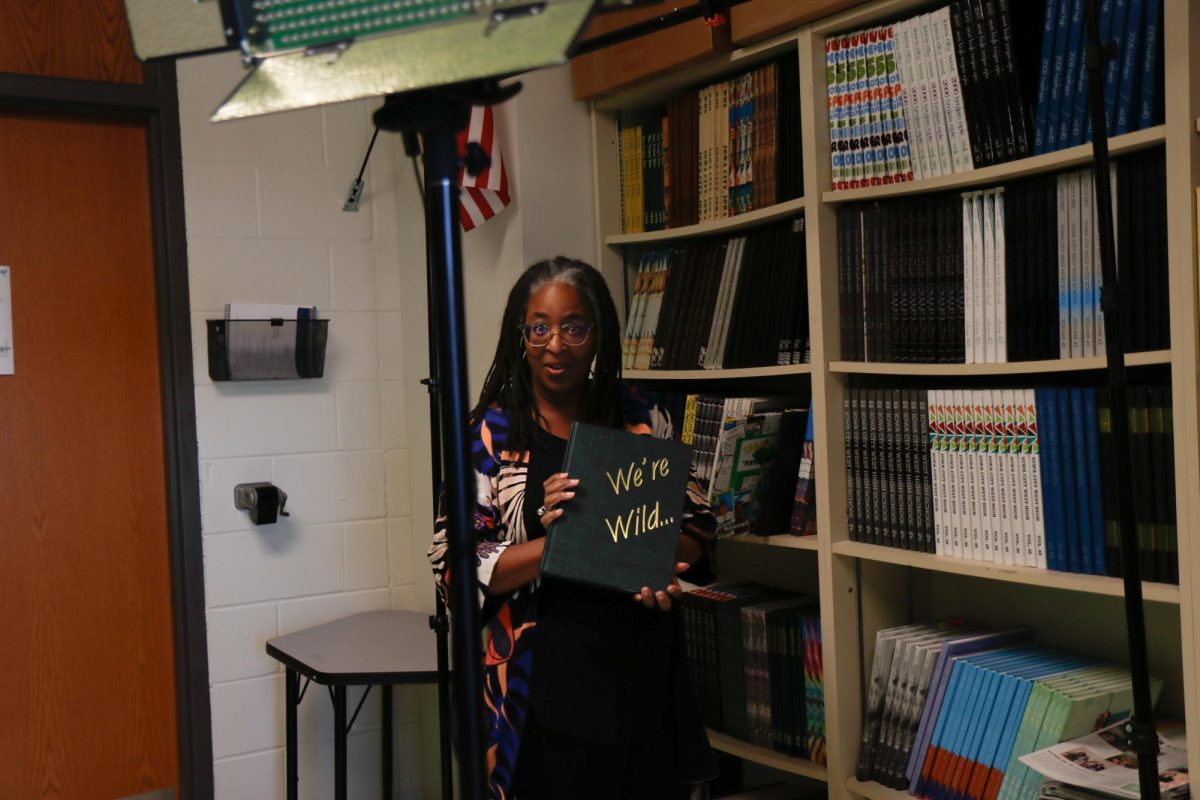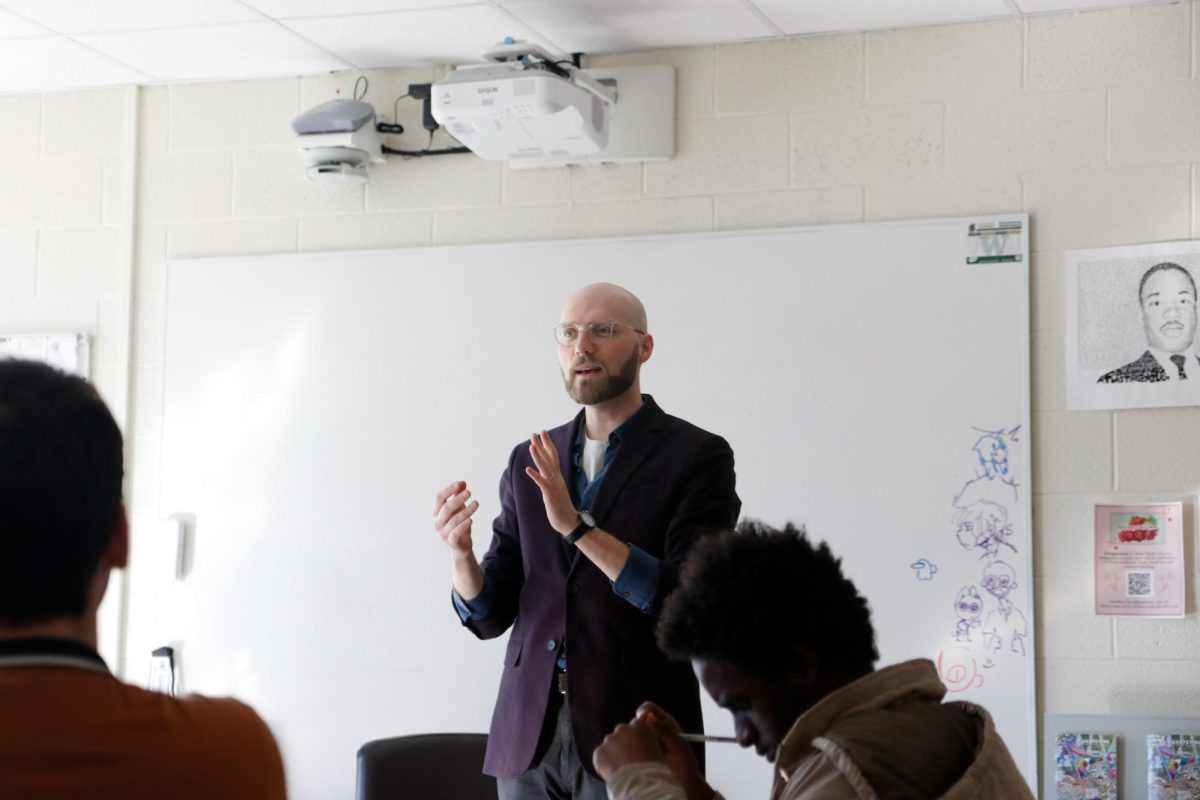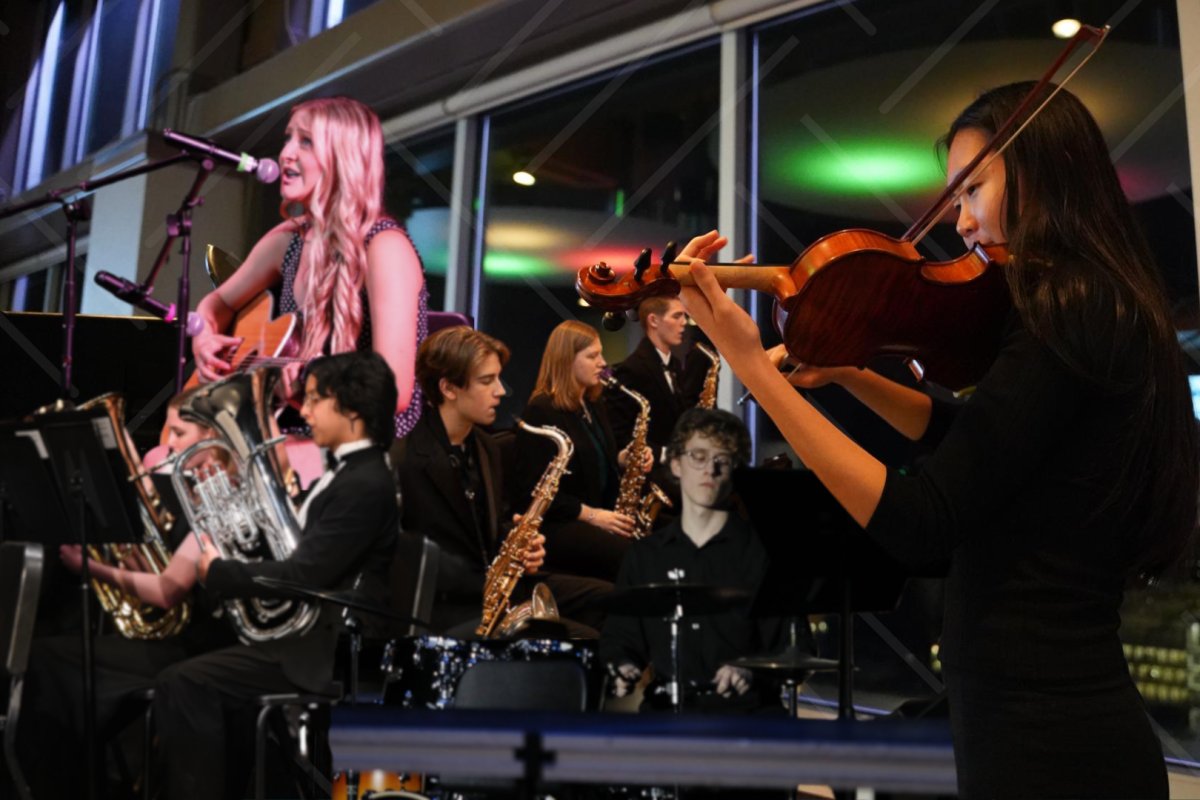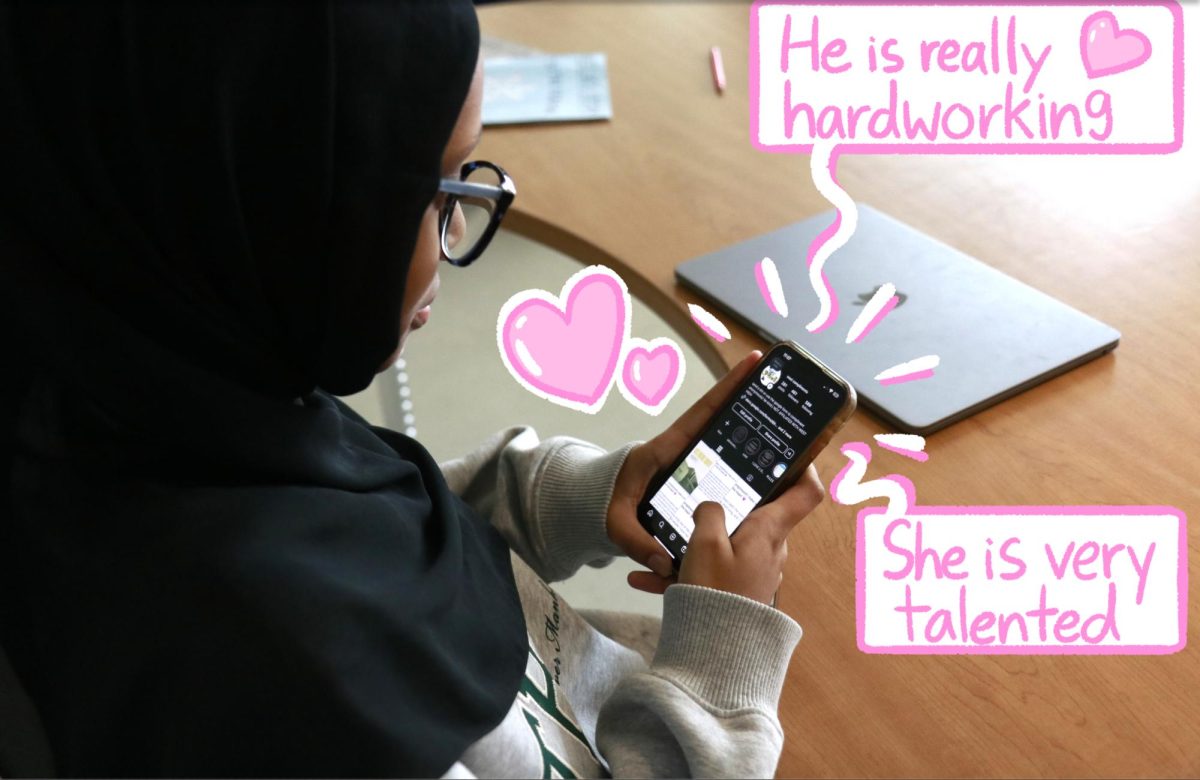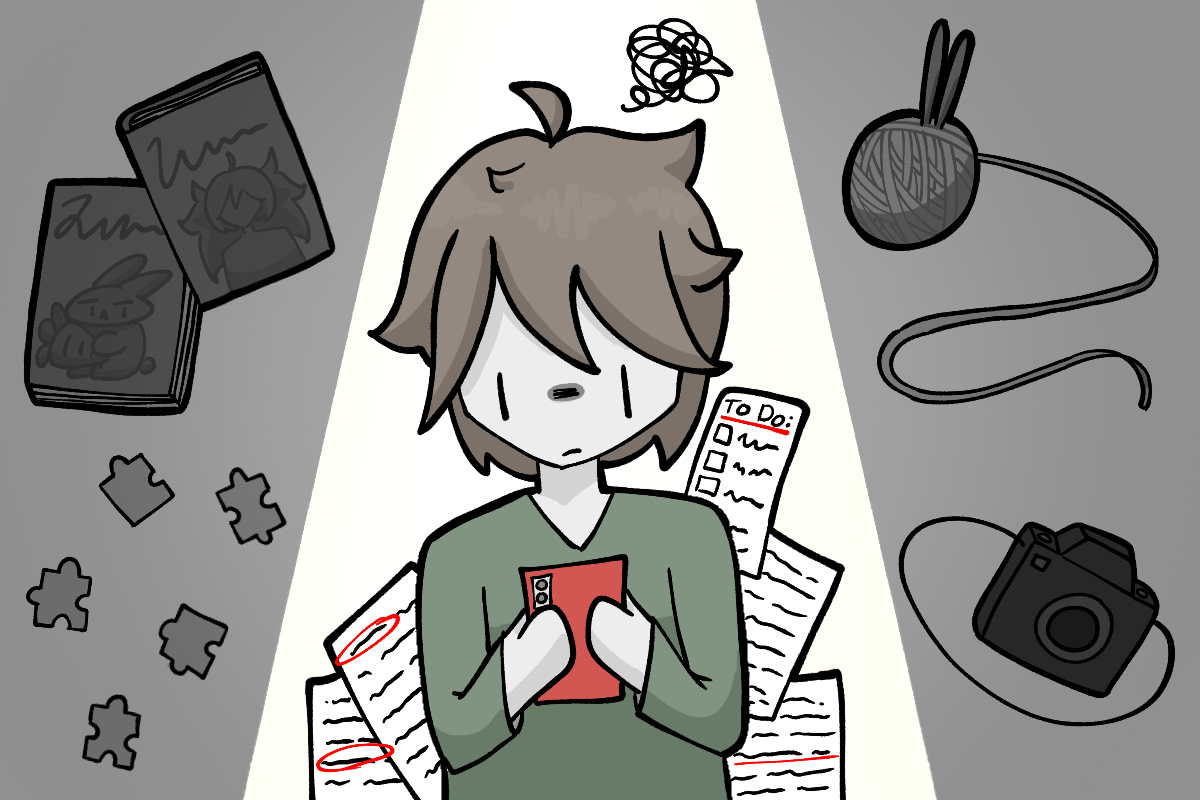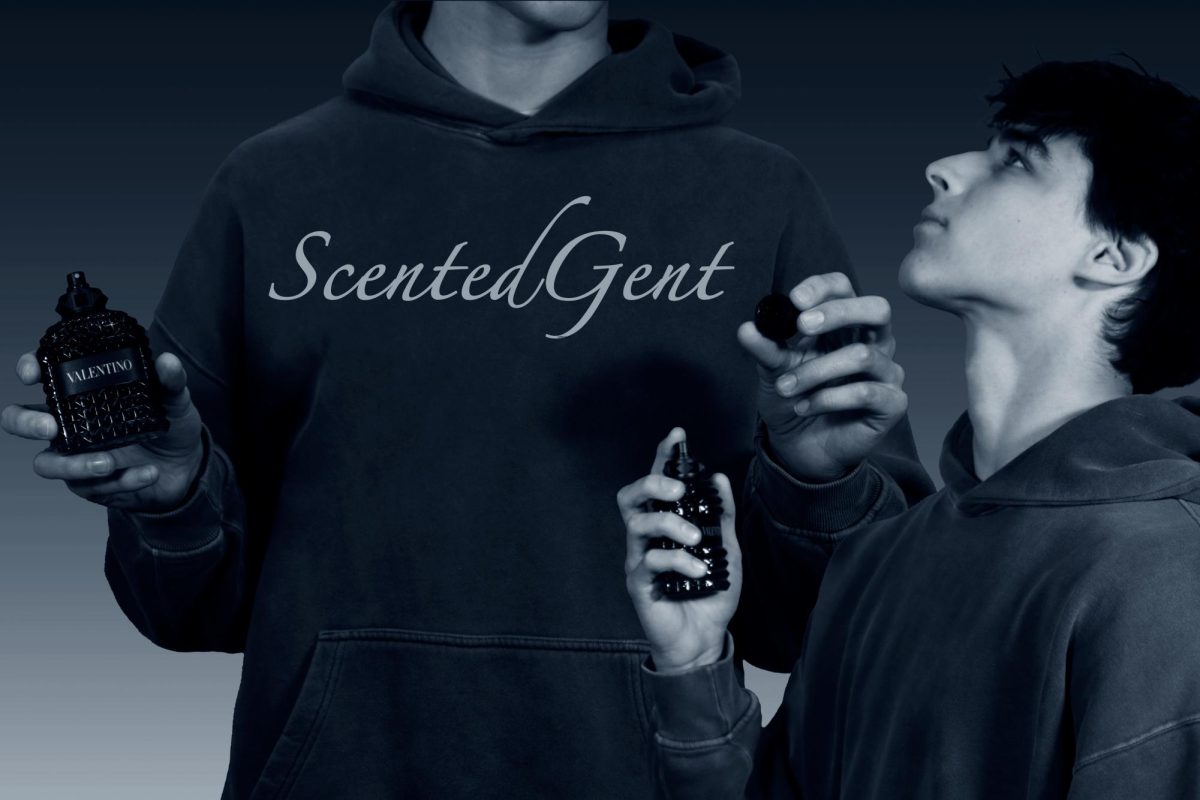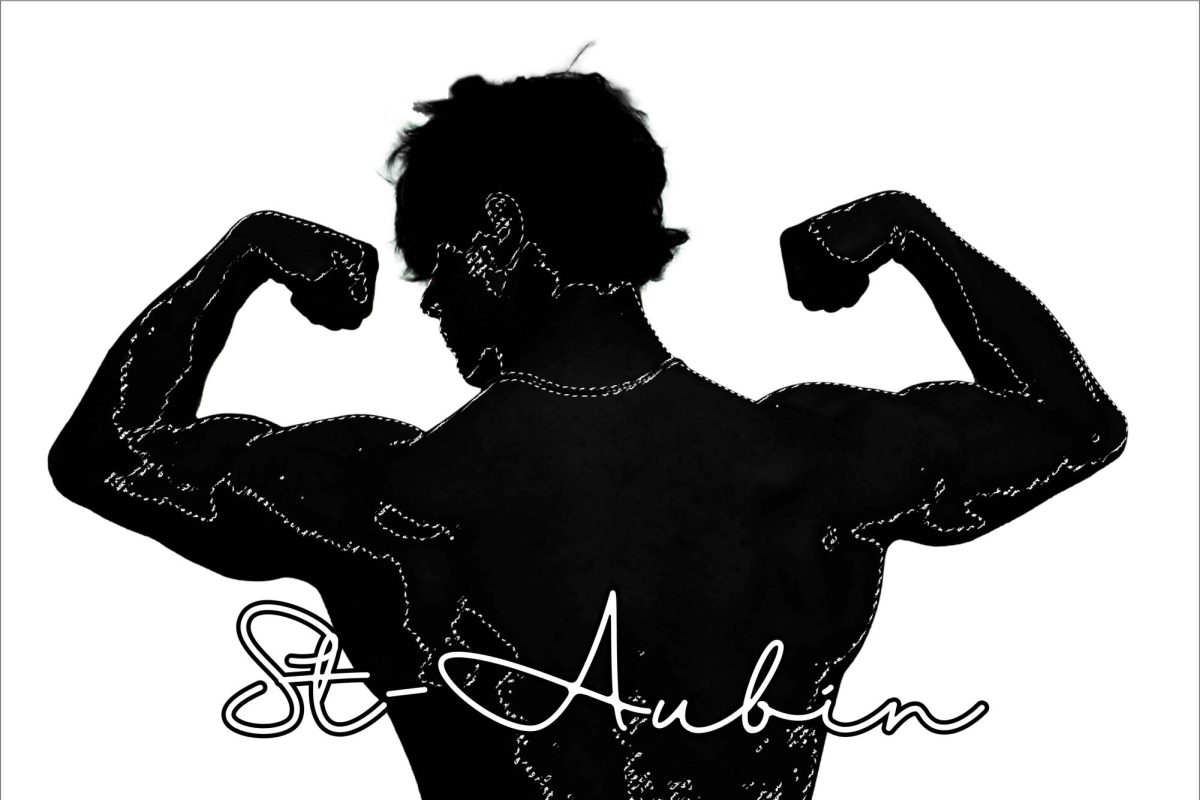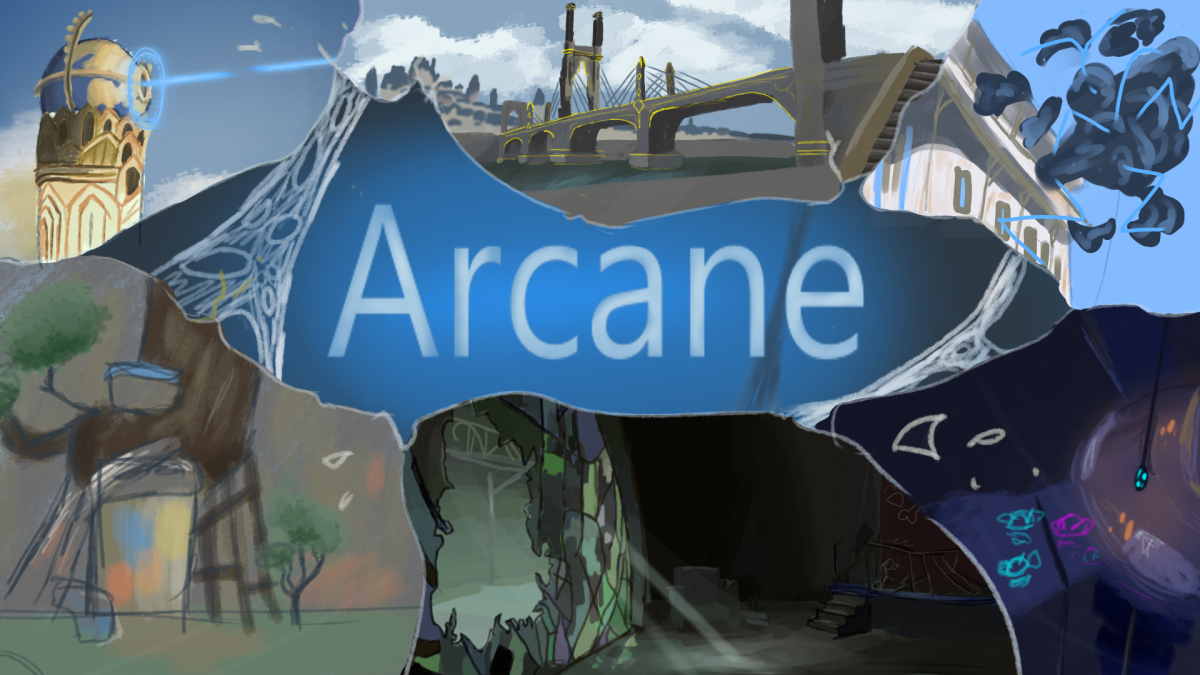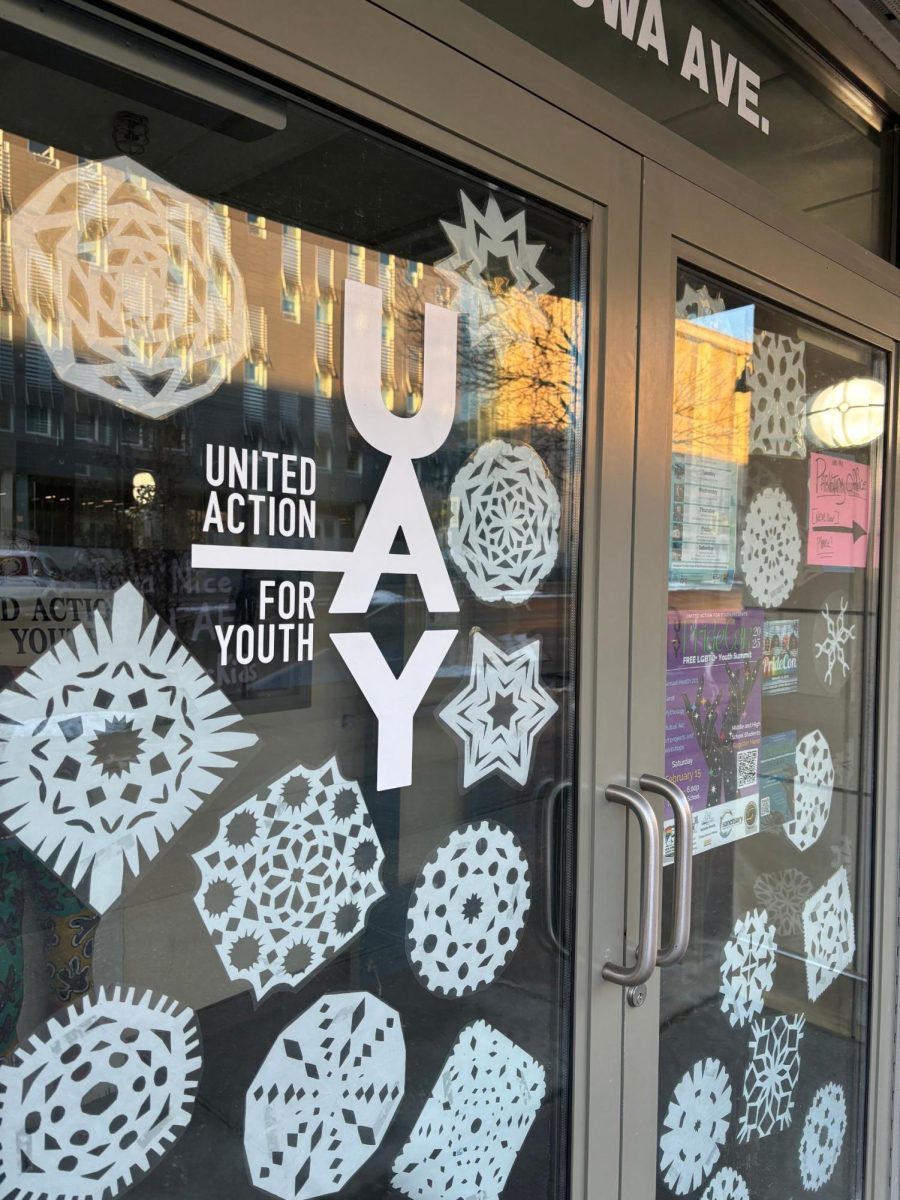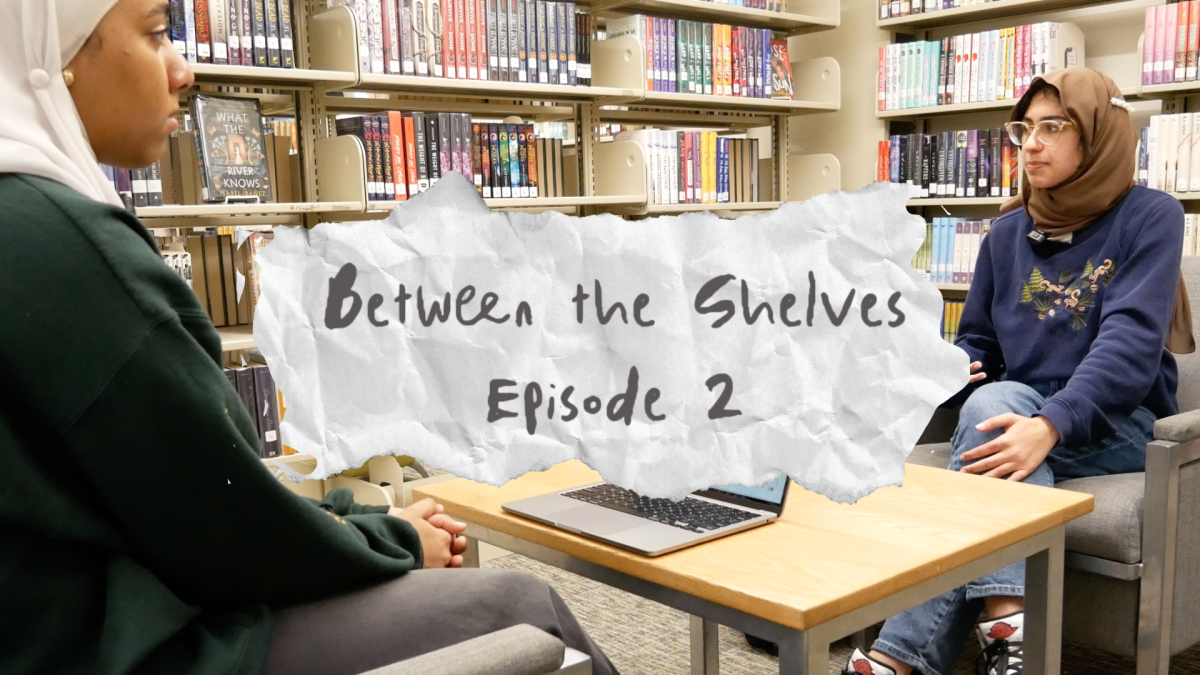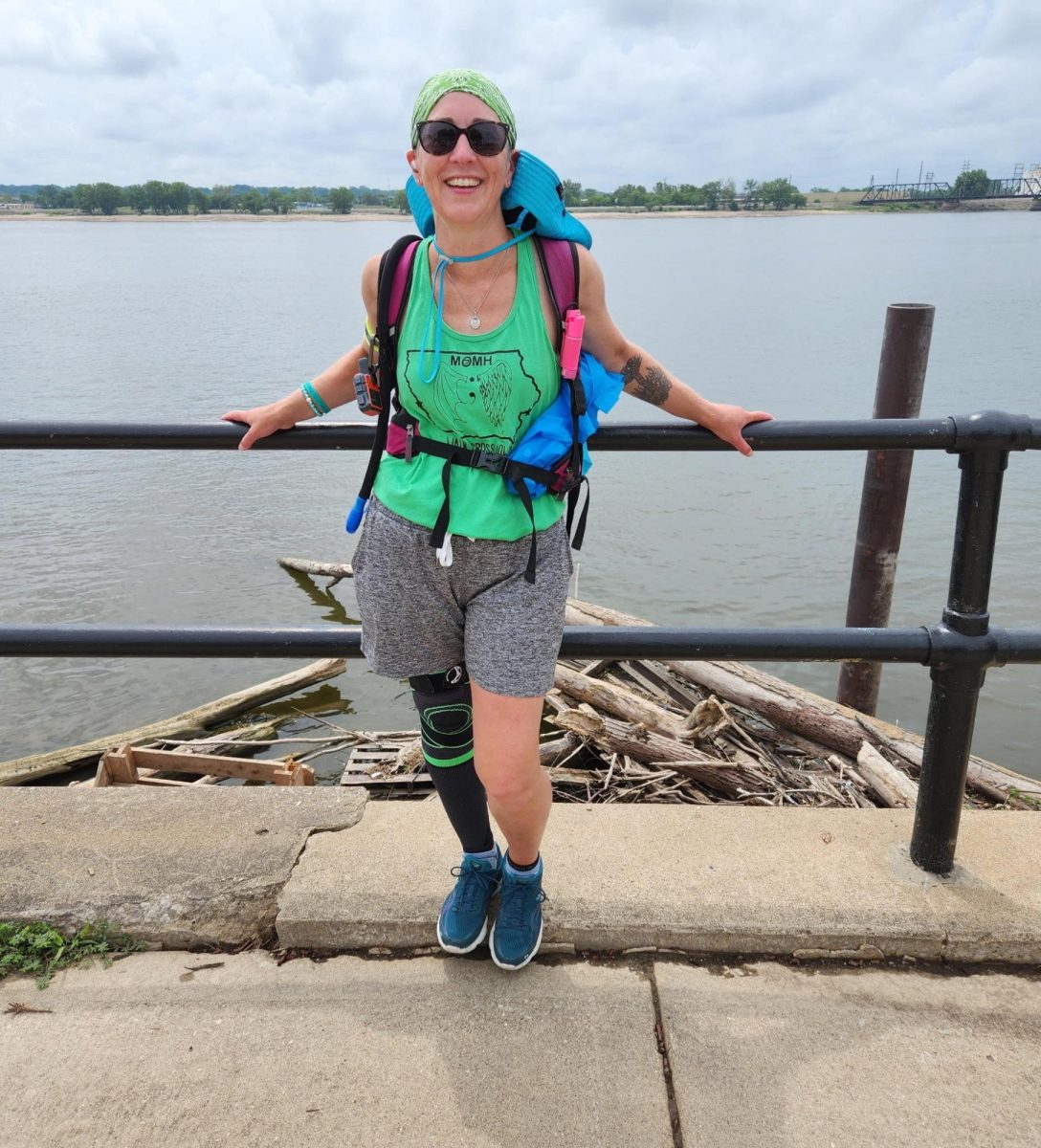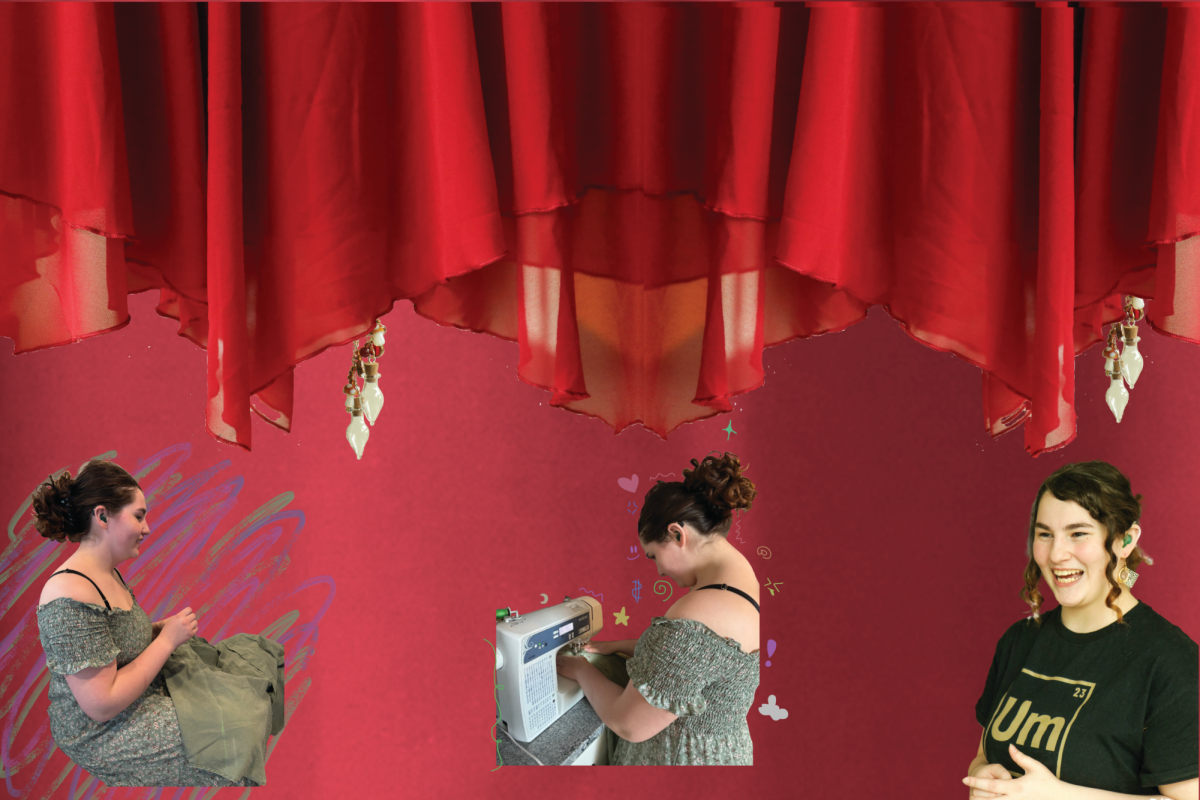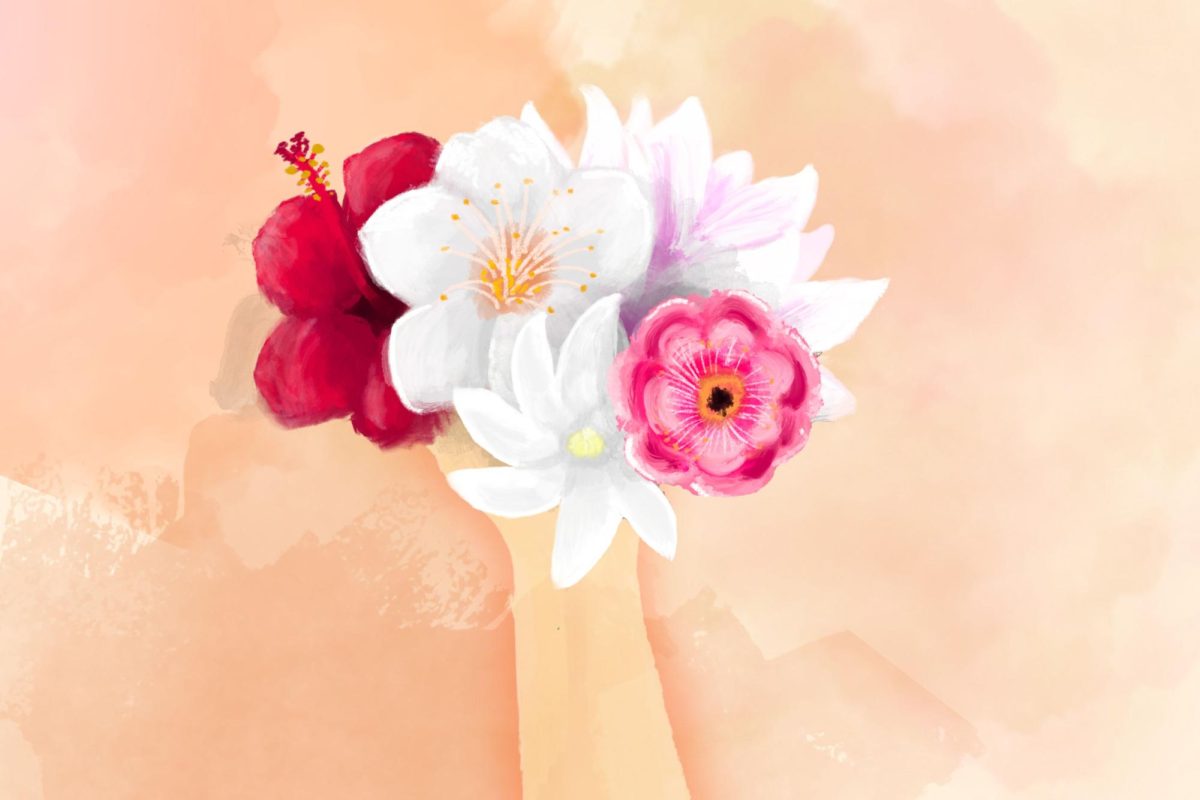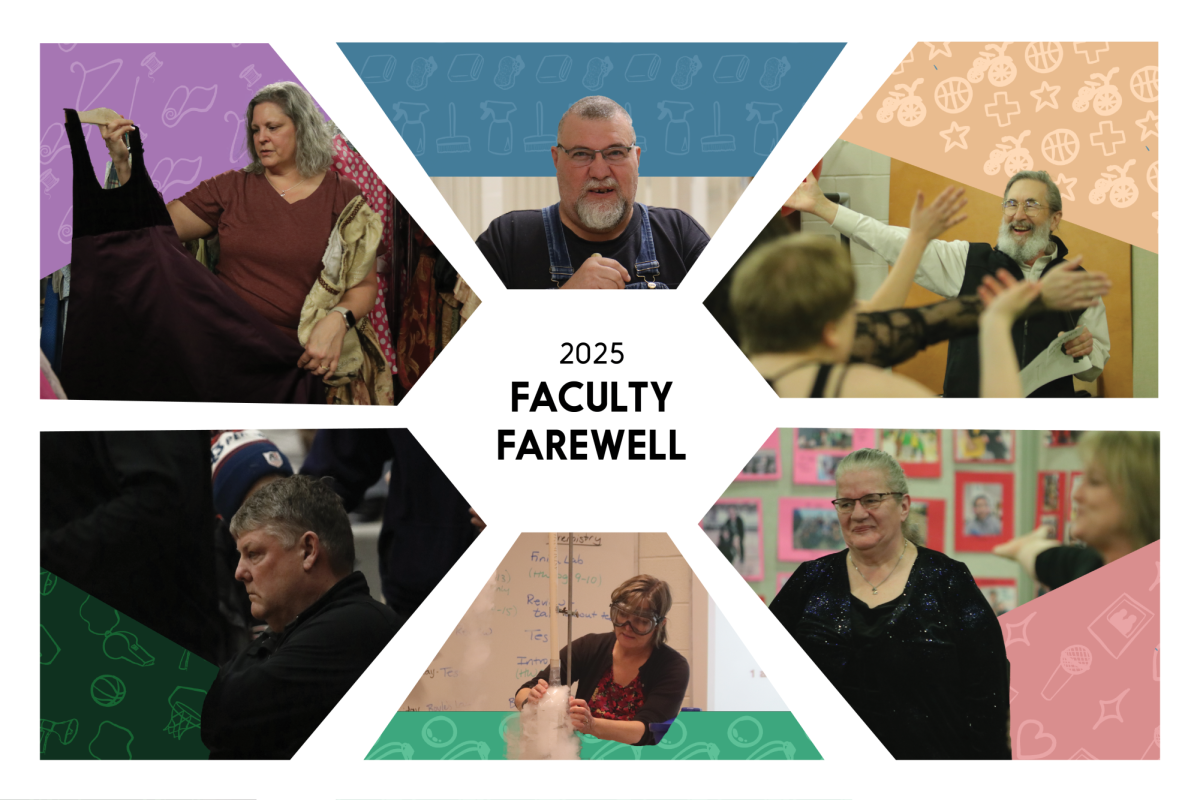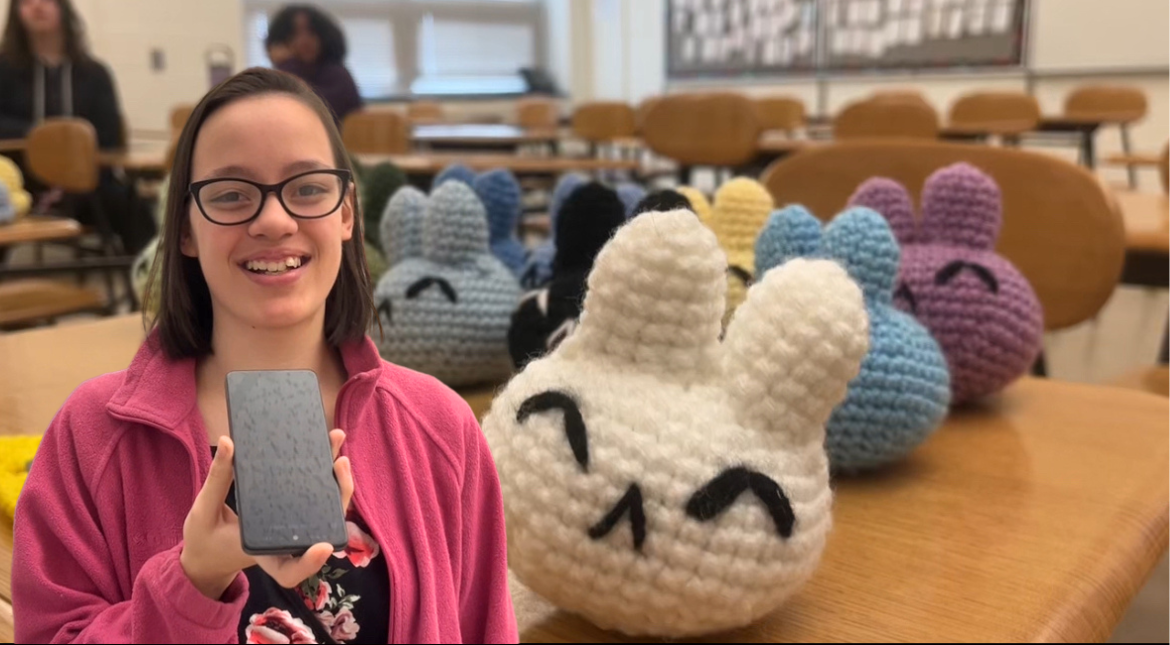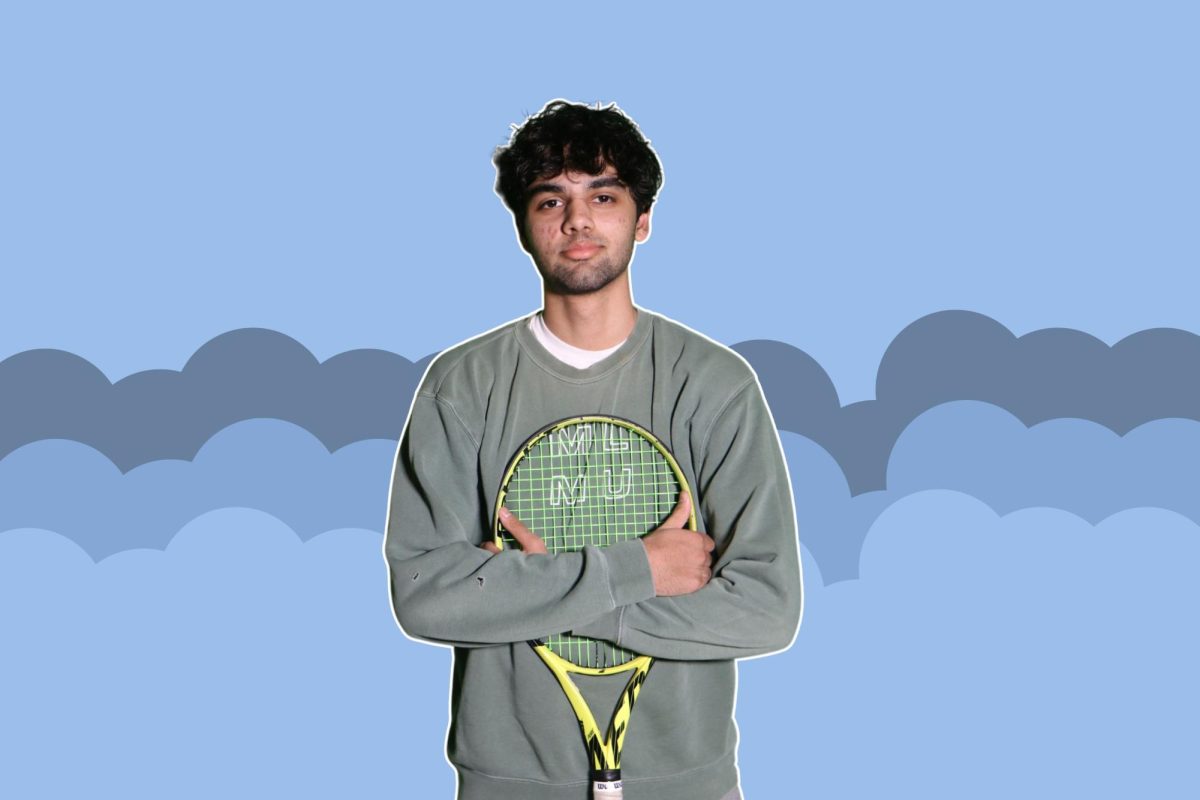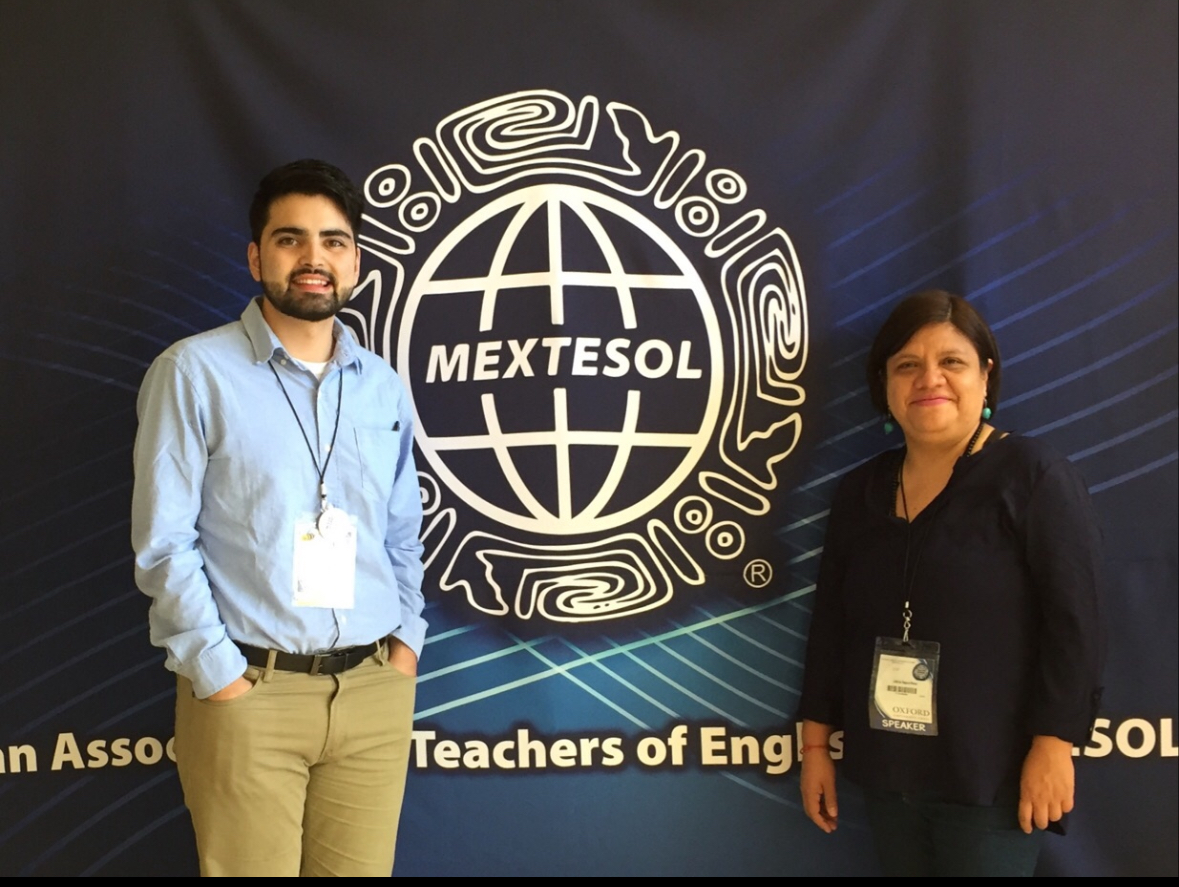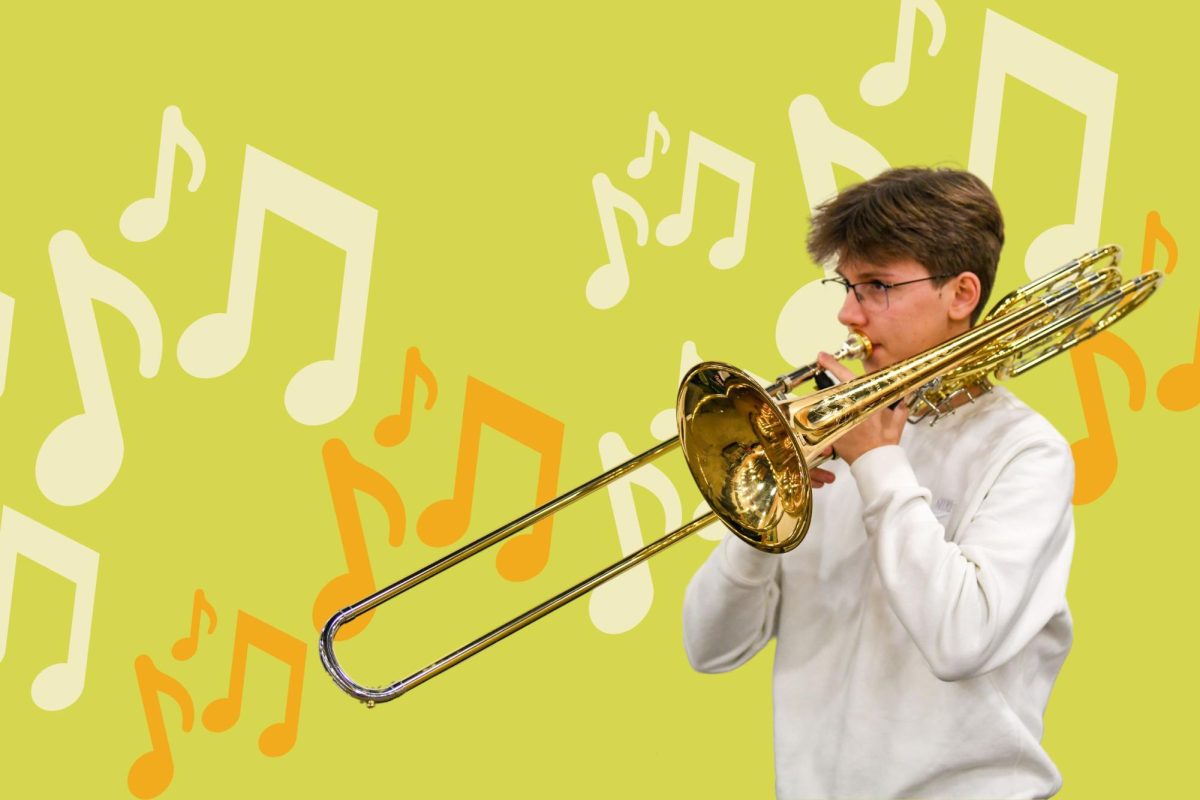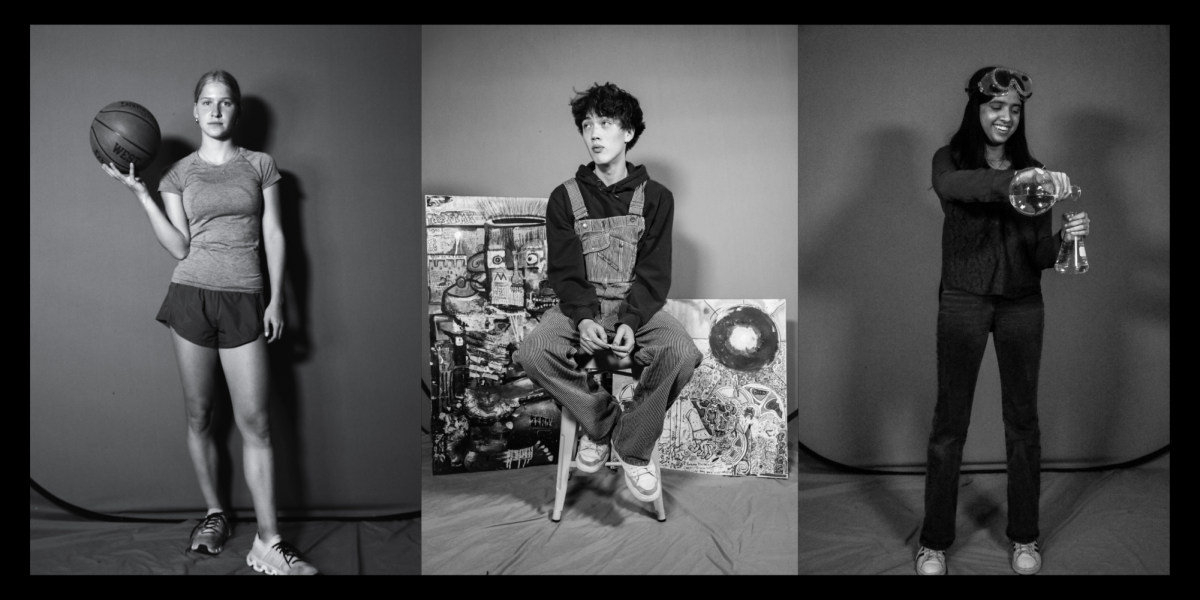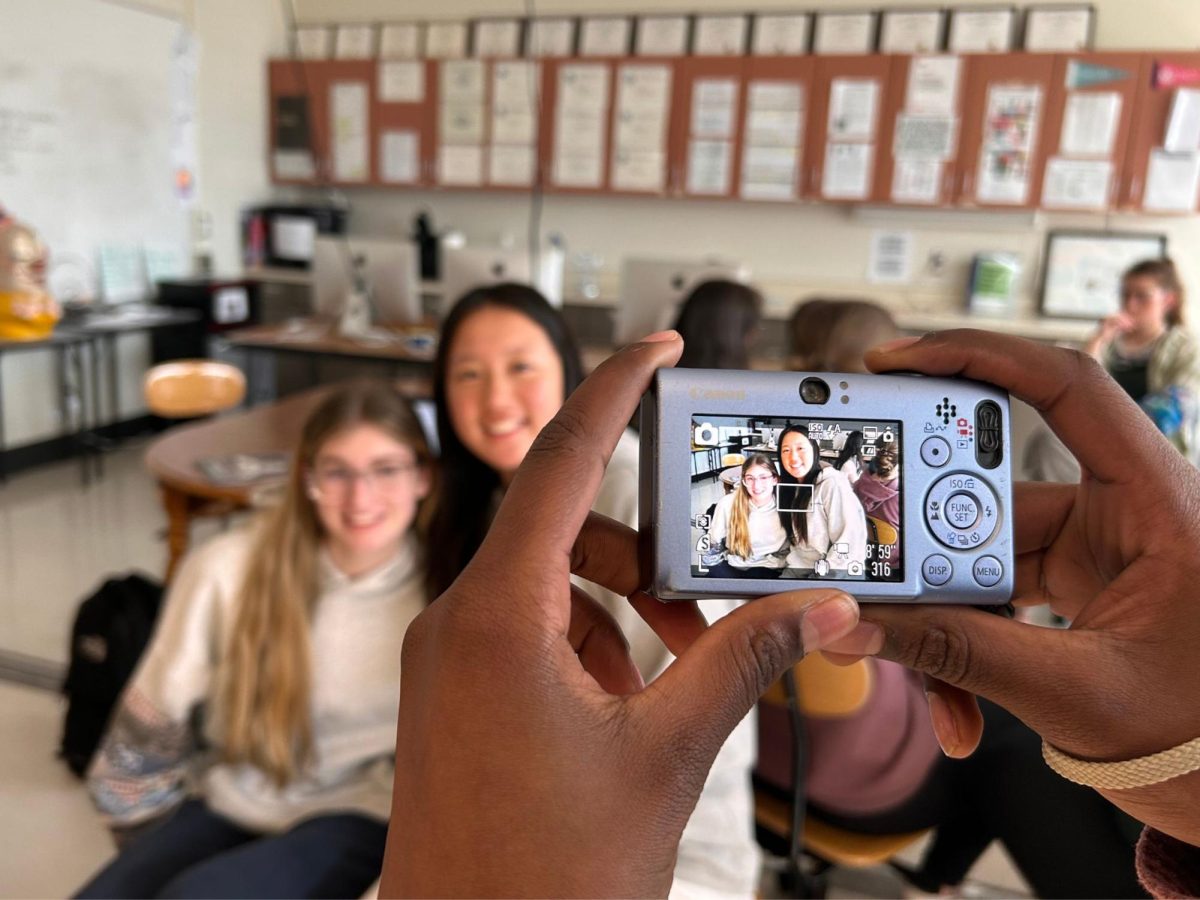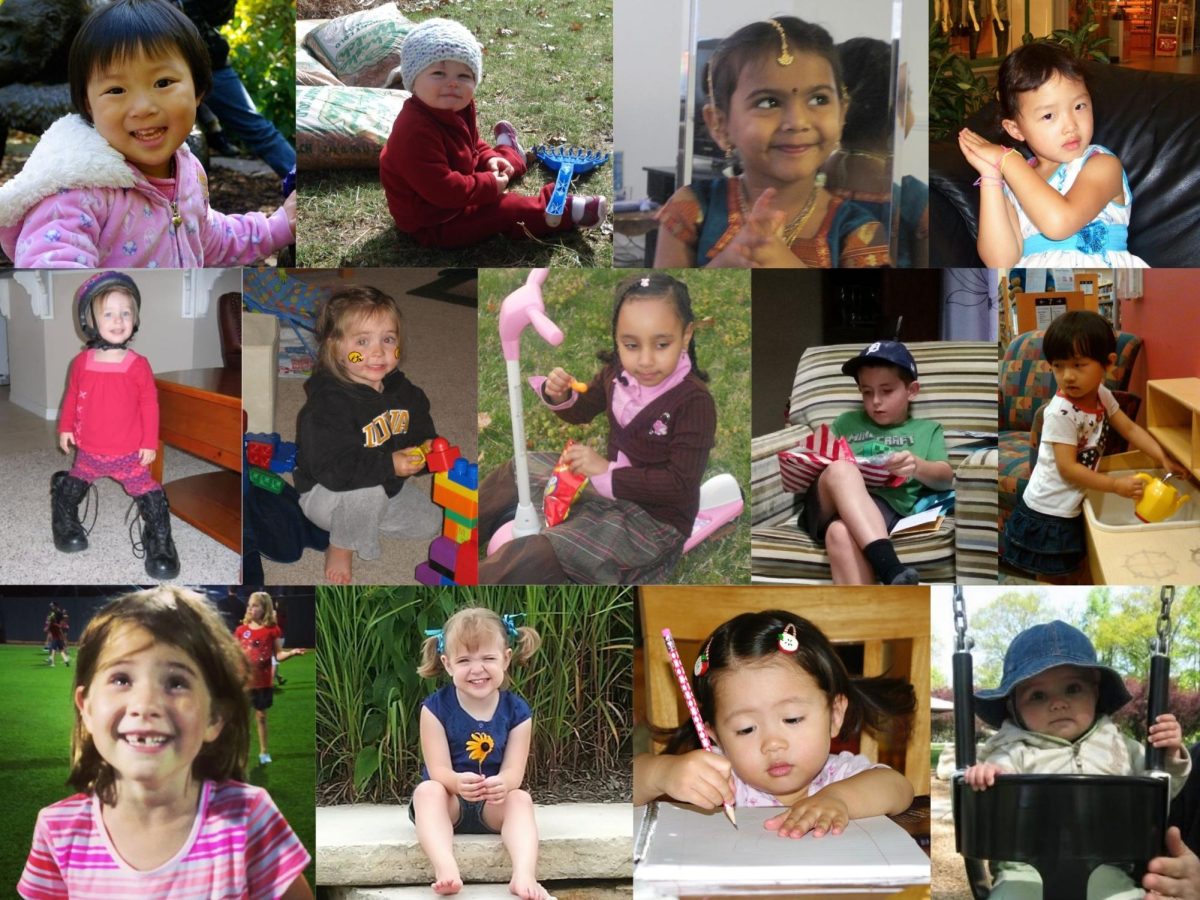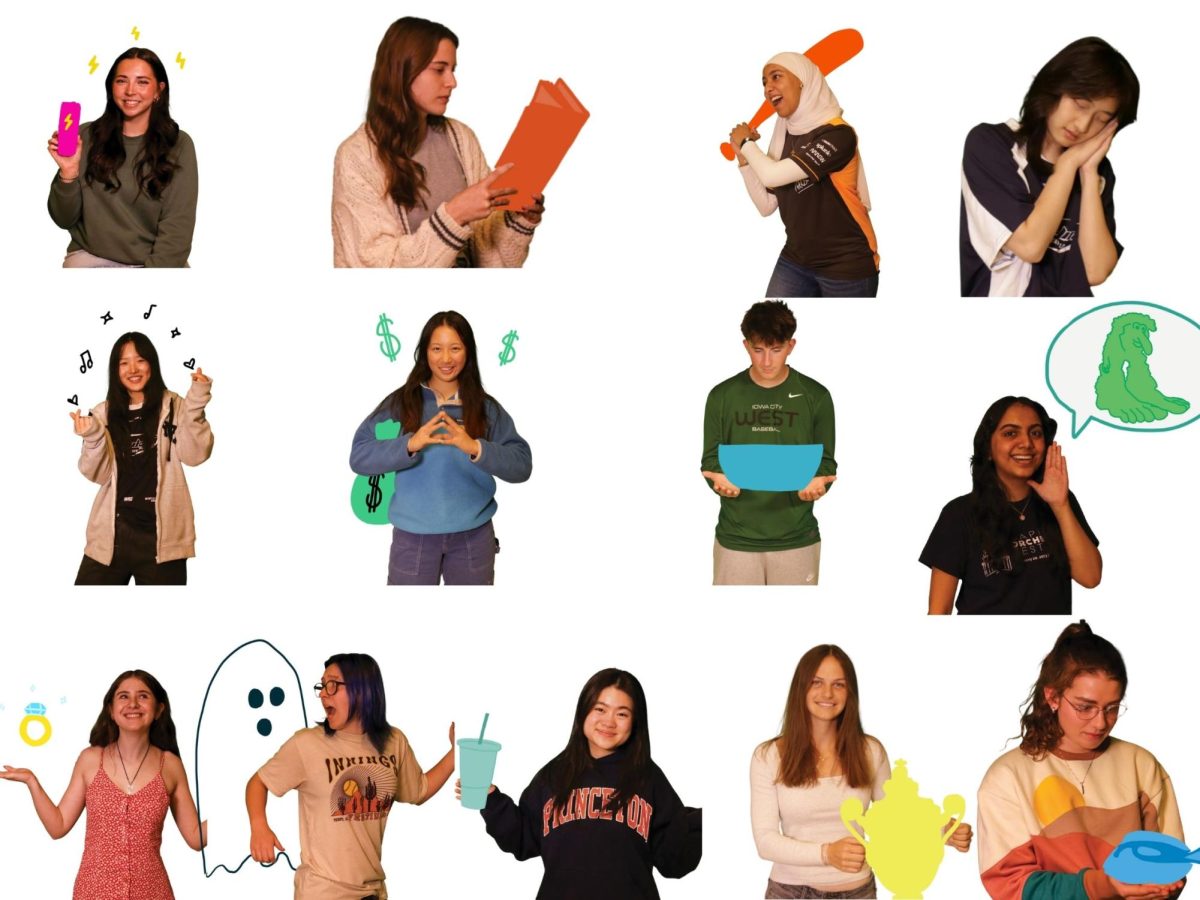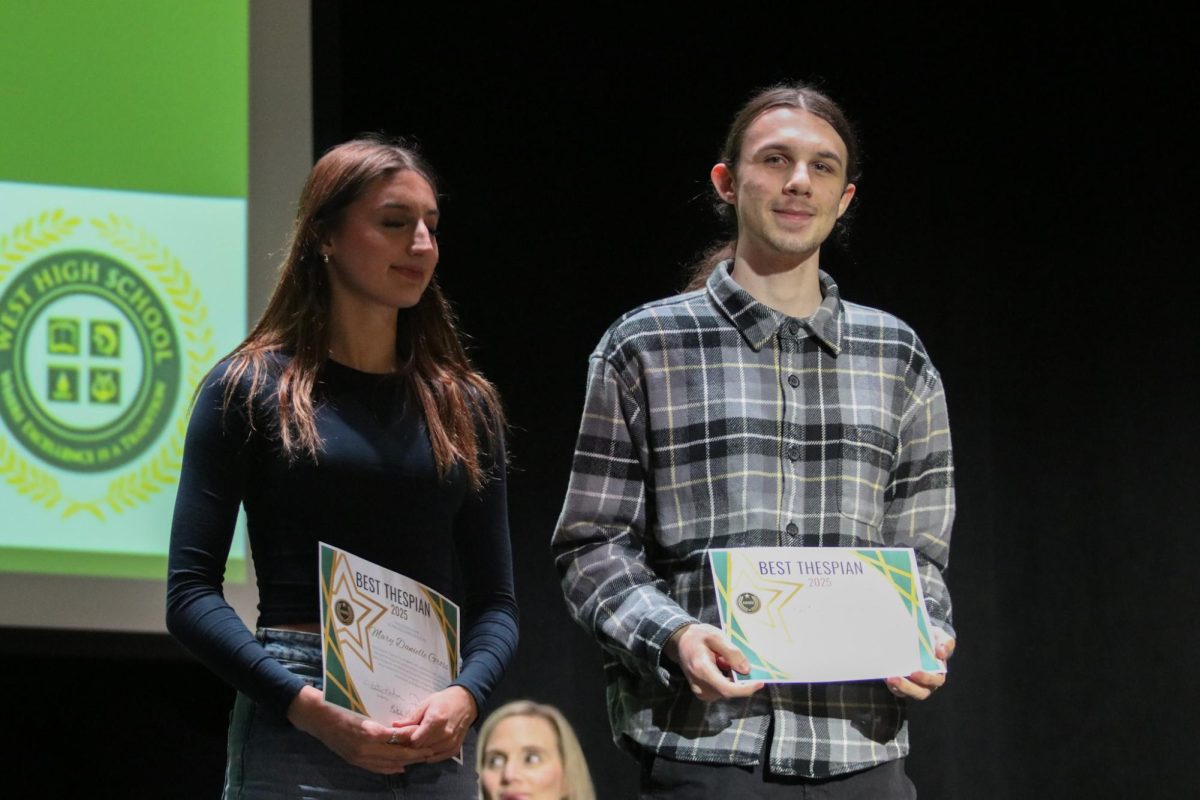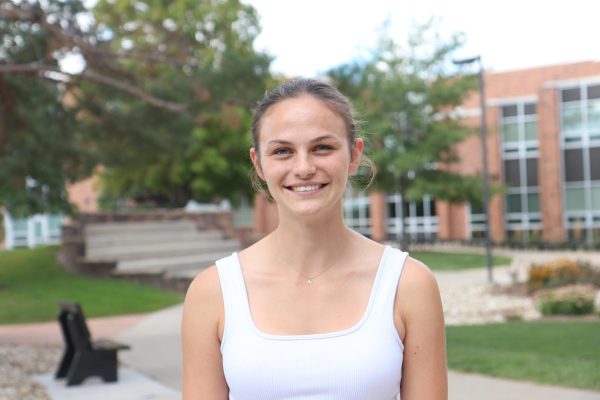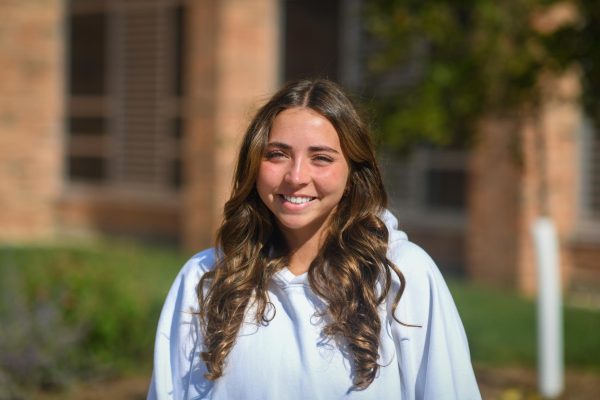Camille Dungy ’91, once a West student and Feature Editor for the West Side Story, is now a University Distinguished Professor in the English department at Colorado State University. Dungy is the 13th recipient and 2024 winner of the Paul Engle Prize. This article is a first-person account of her experience as a lifelong writer, reader and teacher.
Part of what feels so touching to me about the [Paul Engle] award, in particular, is Paul Engle’s lifelong commitment to dedication and expertise at creating spaces for writers to live their whole lives. The work he did with the Writers Workshop and the International Writers Workshop, mentoring generations of writers from around the world, not just as a writer, which was intriguing and important, but as a community builder, educator and institution builder for lots of writers. The award is given to people not for an individual book, but for a life lived as a writer. It feels super special to me coming from Iowa City because Iowa City taught me how to [live as a writer]. I’m getting recognized for doing the thing that I learned how to do, in the place where I learned how to do it.
I moved to Iowa City the summer before my sophomore year of high school… from Southern California. [California is a] very, very, very different place in basically any way, as you can imagine. One of the ways I kept my sense of self was through writing. I could write the questions that I was having, and I could write the observations that I was having; I could learn to understand what I was seeing and the differences in my world through my writing.
I was working, from the very start of my time at West High, with the West Side Story. I became the Features Editor by the time I graduated, so I was doing these deep dives. It wasn’t just, ‘let me observe this place and what makes it tick and what makes it different from what I knew,’ [instead], I had to figure out how to communicate observations to other people, while writing feature [articles] and connecting with the photographers and people in the community.
I was able to have this space, and I had this community. My bestie was the photography editor [and] she’s still my very, very good friend. I was able to build these lifelong connections about literature, creative artistry and writing.
When I was [a student at West], the newspaper and yearbook advisor was a guy named Ben Van Zante, and his wife, Carolyn Van Zante, who taught the AP Literature courses. They have the same name, but they were, in many ways, as different as you could be.
The newspaper and yearbook space was the space of discovery and exploration, and you could, as long as you used the word effectively, use whatever word you wanted. It was this very free space to explore.
[Meanwhile], Carolyn Van Zante was teaching in the AP Literature course, and there were specific things you needed to learn and very specific ways you needed to write it. There were very strong lessons about structure, order, organization, efficiency, presentation and all of these things. So, in the same units of writing, I was thinking about writing as a place where I could be free and explore, and also as a place of rigor, structure, focus and deep intellectual exploration, and both of those are very important to being a good writer.
I feel really lucky that, [although] I landed at this moment where I was, quite honestly, probably pretty lost and frazzled, I was able to have these two places where writing was respected and important, but also had a lot of different possibilities.
I grew up in a family that loved literature and loved writing. We always had a lot of books around, and so that was a lucky thing for me coming into being a writer; I didn’t have the battle a lot of people do, where you had to legitimize the value of [writing]. Because I grew up with that family, even in Southern California, when there was a living writer who my parents thought would be valuable for me to see, they figured out how to get me to those readings. I never had the experience that a lot of people do of not knowing that living writers exist. But Iowa City takes that to Harlem Globetrotter levels.
I had grown up already in a family that respected literature and respected living writers, and I came to Iowa City where everybody — the whole town — respects writers, and everybody writes and reads. The person who comes and paints your house can have a conversation with you about the novel that they’re finishing. And by finishing, I mean both writing and reading. The person working at the grocery store, your physician, your lawyer and your financial planner, everybody in Iowa City [can have those conversations].
That’s how writing was in Iowa City when I lived there, and that meant, among other things, I didn’t have dangerous preconceptions of what fame and success look like for being a writer. [It] can be very dangerous if you expect that everything you write, in order for it to have any value, would have to be on the New York Times Best Seller list for five years.
[In Iowa City, for] whatever version of fame, people exist in abundance; [there’s] a radical abundance of superstar writers. But they weren’t the only writers who were there, and so it helped me make a life as a writer, which cannot be dependent on only those superstar moments. It helped me see that even the superstars who live in Iowa City, or who have connections in Iowa City, have pretty balanced lives. They have superstar moments, and then most of the time they’re just living. I understood how to make a life as a writer; to not expect, not wait for inspiration, but to go make inspiration. Not wait for fame and fortune, but make the best work that I can make, and trust that the best work will meet its audience in time and with care. [Iowa City] was a great town that offered a great model for life
[My takeaways from Iowa City] became foundational in building a practice and building a life understanding that writers are whole people. They’re not just some magic, fairy creature that turns off and on. You are a whole person all the time, and writing has to come from that full life.
[Living in Iowa City] also helped me as a teacher. As a teacher, I want those people I’m teaching to be readers, lifelong readers, and to build their own lifelong practices. Having seen so many examples of that, I am able to be pretty broad in my expectations for my students of how they apply those two expectations for being lifelong readers and lifelong practitioners. I’m not teaching in a way that I’m asking for glitter fairy perfect moments all the time. I’m asking for them to build lifelong sustainable practices.
A place like Iowa City is also really, really wonderful because there’s so many paths that you can take to explore. Check out what’s going on at Prairie Lights. You have one of the best bookstores in the world in your town, and people come to give readings and talks at Prairie Lights. Just go to them, not necessarily because you know who they are, but if you’re interested in being a writer, make a practice of going to a random reading once a semester. Not necessarily someone you’re going to because you already love their work, but find out what different writers are doing.
You’re not gonna love everybody’s work, [but] then you can ask yourself a lot of questions, like ‘Why am I not connecting with this work? I do connect with this other kind of work, and what does that say about what I want to do in my own writing? Or am I not connecting with this work because I actually need to do some growing to be able to catch up to what that person’s doing.’ That works best if you have broader exposure to a variety of different writers, and your ability in a place like Iowa City to do that, in person, with living present writers, is so much vaster than almost anybody who doesn’t live in a major urban center. You’re super lucky; you have New York level opportunities of accessing writers in Iowa City.
The university has multiple possibilities. There’s the Writers Workshop for poets and fiction writers. There’s the undergraduate program. There’s the Nonfiction Writing Program. There’s the International Writing Program. All of those are forever having programming and have really incredible faculty, so reach into that.
I can think of about five different people who were active writers in my parents’ church. One was the director of the International Writing Workshop, so that’s at that superstar level. Another one was a lawyer who just really liked to write. They all were excited and interested in serving as mentors for me — and also as friends to me and my writing — and helped me learn about writers I might not know about. When it was time for me to start applying for graduate schools, they were willing to be in conversation with me and, in some cases, help me write the strongest portfolios and statement letters. Don’t be shy about talking to people about the fact that [writing] is something you’re interested in and care about, because in Iowa City, you can’t do a cartwheel without bumping into somebody who’s able to give you guidance and support that could become invaluable.
[For the Paul Engle Prize], I don’t know how I came to win. It’s magic; somebody wrote a compelling letter of recommendation or nomination letter for me, which is a beautiful and wonderful thing, and touches partially on what I’m saying about community and the importance of being open and sharing your work and your vision.
I’m excited to come back to West because I do really feel like West High helped me be who I am, which sounds a little bit cheesy, but it’s true… Part of why I’m going there is the places we write out of change, and should change, because the world should be continually evolving.
One of the things that has always been interesting to me in writing is thinking about what those changes can offer, like ‘what are the exciting possibilities that come from those changes? What doesn’t change? What stays consistent?’
I bet, when I walk into that building after all these years, there’s going to be some flashback feeling that has absolutely not changed in all that time. I really like sitting with both of those realities; the reality of the necessity and beauty of difference and change and growth, and the necessity and beauty of those consistent pearls. And that, to me, is very often at the core of the kinds of things that I’m interested in writing about and the ways that I’m interested in writing



